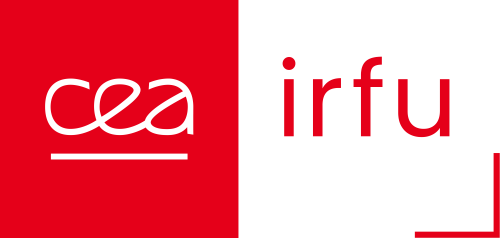The realism of hydrodynamical simulations of the formation and evolution of populations of galaxies has improved considerably in recent years. I will try to give some insight into the reasons behind this success, focusing in particular on the importance of subgrid models and the associated limitations. I will also present recent results from the cosmological EAGLE simulations as well as from other projects.
Speaker's highlights: Joop Schaye (Leiden University) works on simulations and observations of galaxies and the intergalactic medium. He leads the international EAGLE project, which consists of a series of very large cosmological hydrodynamical simulations. He also leads an observational campaign to study the connection between galaxies and quasar absorbers with the MUSE and UVES instruments on the VLT. With his group in Leiden, Schaye works on high-resolution simulations that include radiation transport and non-equilibrium chemistry.

